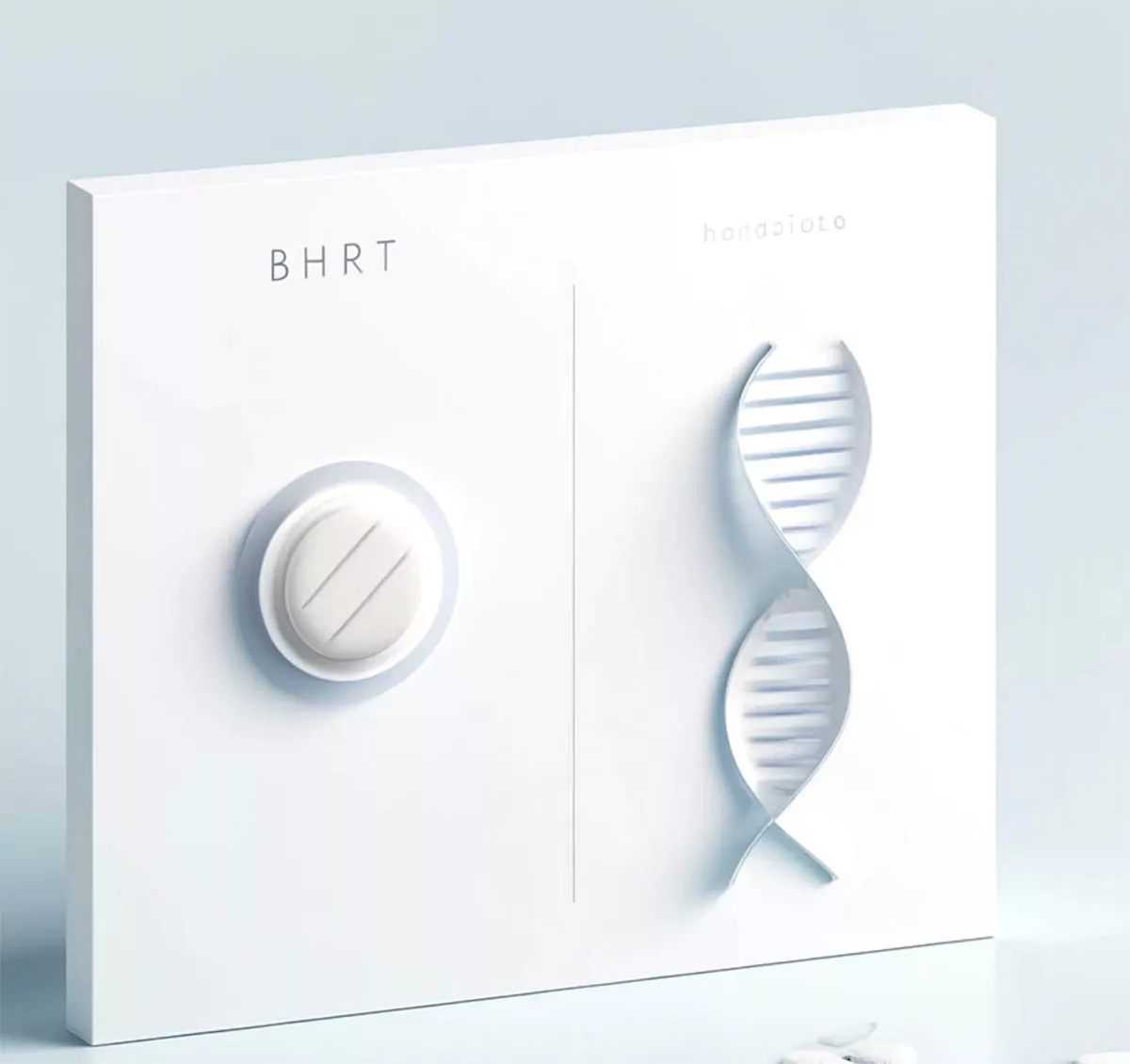Is Bioidentical Hormone Replacement Therapy (BHRT) Safe? Addressing Cancer Risks with Research-Based Evidence
By Dr. Schwarzburg, Wellness Medicine Practitioner at Skinly Aesthetics, New York
As a wellness medicine specialist, I often address concerns about the safety of Bioidentical Hormone Replacement Therapy (BHRT), particularly related to cancer risk. While hormone therapy is widely used to manage symptoms of hormonal imbalance, patients are often cautious due to past studies linking synthetic hormone therapy to cancer. However, newer research shows BHRT to have a more favorable safety profile. Below, I’ll break down the evidence and explore how BHRT compares to synthetic hormone replacement when it comes to cancer risks.
What is BHRT?
BHRT uses hormones that are chemically identical to those naturally produced by the body, unlike synthetic hormones used in traditional HRT. This structural similarity is believed to reduce the risks associated with hormone therapy, including cancer.
Cancer Risks: What We Know About BHRT vs. Traditional HRT
Breast Cancer Risk: Lower with BHRT
Synthetic hormone therapy, particularly combinations of synthetic estrogen and progestin, has been linked to an increased risk of breast cancer. However, a 2021 meta-analysis in Menopause found that bioidentical progesterone combined with estradiol significantly lowers breast cancer risk compared to synthetic progestins. Similarly, a 2022 review in the Journal of Clinical Oncology confirmed that bioidentical hormones offer a safer profile in this regard.
Endometrial Cancer Risk: Balanced with Progesterone
Unopposed estrogen has long been known to raise the risk of endometrial cancer. However, bioidentical progesterone can effectively counter this risk. A 2020 meta-analysis in The Lancet concluded that women using bioidentical progesterone with estrogen had a lower risk of endometrial cancer than those using synthetic hormones.
Ovarian Cancer Risk: No Significant Increase
Ovarian cancer risk is another concern, but a 2019 study in the Journal of Gynecologic Oncology found that women using BHRT did not have a statistically significant increase in ovarian cancer risk compared to the general population. This contrasts with the higher risks associated with synthetic hormones.
Colorectal Cancer: Potentially Protective
Interestingly, some studies suggest hormone therapy may reduce the risk of colorectal cancer. A 2018 meta-analysis in Gastroenterology found that both synthetic and bioidentical hormone users had a 20% lower risk of colorectal cancer, though BHRT’s overall safety makes it a preferable choice.
Why BHRT is Safer
The key difference between BHRT and synthetic hormones is their molecular structure. Because bioidentical hormones are identical to those naturally produced by the body, they are metabolized more safely, reducing the risks traditionally associated with synthetic hormone therapy. A 2021 study in Maturitas emphasized that when bioidentical hormones are administered in balanced doses, they present a lower overall risk for cancer compared to synthetic HRT.
Debunking Myths About BHRT and Cancer
Myth 1: All Hormone Therapies Increase Cancer Risk.
While synthetic HRT has been linked to cancer, bioidentical hormones do not carry the same level of risk. The 2021 meta-analysis in Menopause found that bioidentical progesterone does not raise breast cancer risk in the same way as synthetic progestins.
Myth 2: BHRT is Unregulated and Unsafe.
FDA-approved formulations of bioidentical hormones are available, and high-quality compounding pharmacies provide customized, safe BHRT options. At Skinly Aesthetics, I ensure that each treatment is tailored and carefully monitored to reduce any risks.
Final Takeaway: Is BHRT Right for You?
Recent research supports that BHRT offers a safer alternative to synthetic hormone therapy, particularly regarding cancer risks. While no treatment is entirely risk-free, bioidentical hormones closely match your body’s natural hormones, minimizing potential side effects. At Skinly Aesthetics, I work closely with each patient to design a personalized BHRT plan that optimizes safety and effectiveness.
 info@skinlyaesthetics.com
info@skinlyaesthetics.com  212-774-4264
212-774-4264 

